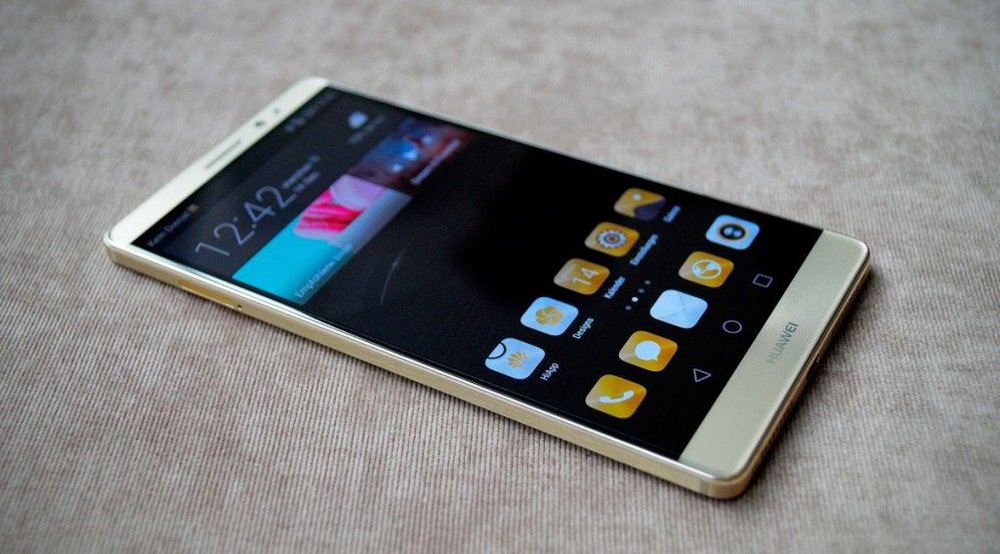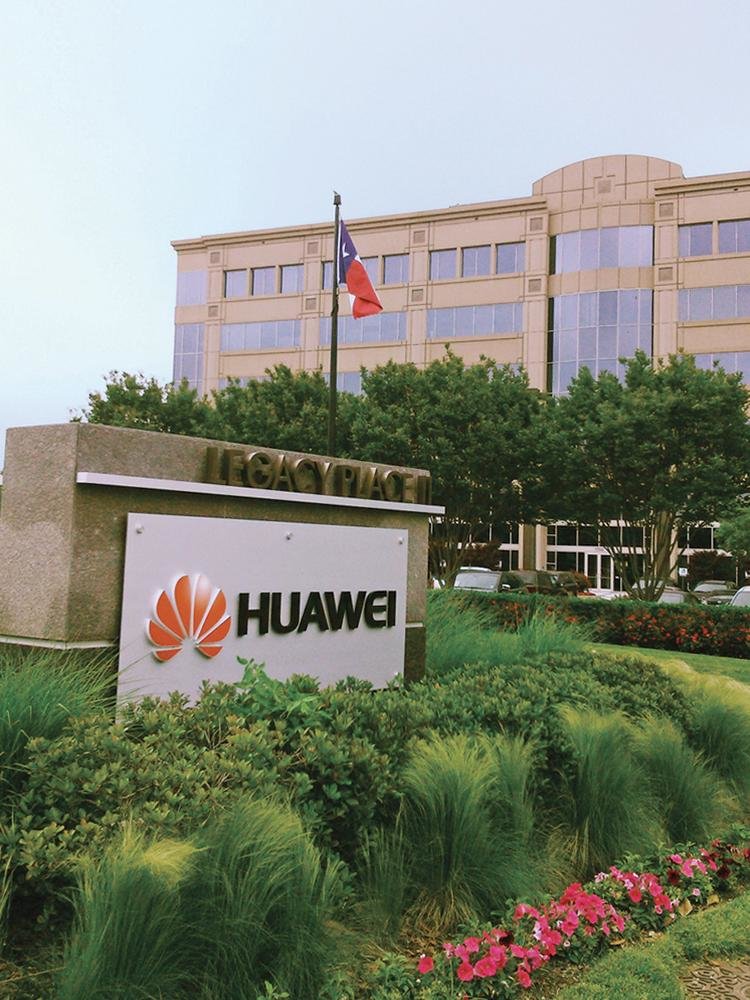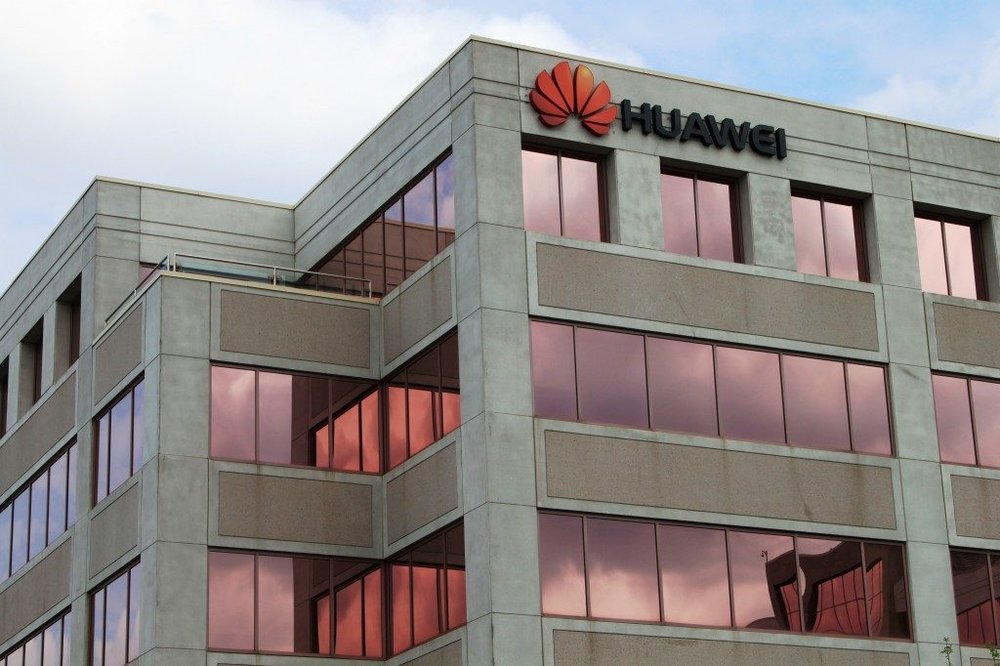Looks like things have gone splendid for Huawei this year, as one of the top bosses in the company stated that its revenues would surpass the $100 billion mark. This would be the first time the company would have achieved this feat in its history.
In a statement to the press in Mandarin, and with the help of a translator, one of the rotating chairmen, Eric Xu, has exuded confidence with the company’s performance, stating that the revenues would be slightly better than what the company had predicted.
Xu added that there would be no problem for the company hitting the $100 billion status.
That being said, Xu did not reveal the reasons behind the company’s growth.
Indeed, Huawei had a healthy start in the first six months of 2018, generating about 325 billion Yuan, which translated to $49 billion as per the exchange rate for the reporting period at the time.

Huawei is confident that it will hit the $100 billion mark by the end of 2018
Increasing Revenues Overtime
Moreover, in 2017, the Chinese firm confirmed that it had accrued revenues of $92.5 billion as per the end of the year exchange rate.
As a matter of fact, it appears that the company’s impressive growth has been steered by high performance in quite a number of its businesses, specifically the consumer division which has recorded a steady rise in recent months.
So it’s no surprise that Huawei currently holds the sport as the world’s second largest manufacturer of smartphones in terms of market share, edging out Apple.
Which begs the question, should Samsung and Apple be worried about Huawei?
Huawei’s unprecedented growth these past couple years have been quite impressive as observed by analysts, and it doesn’t look like it’s slowing down anytime soon.
That being said, despite having sustained growth, Huawei’s expansion in sales could be hampered by a number of preventions in terms of regulations as per the national security privacy concerns in Canada, Australia, Germany, UK, and the US.
Indeed, these setbacks have had the most massive impact on the operations of Huawei, which have effectively stalled as a result of the following parameters:
Failures to solidify partnerships with a major cell phone carrier
Prediction of trade tariffs
Legislators and federal agencies’ efforts to slow down the company’s business to buy equipment

That being said, the company has faced a number of setbacks in its quest to be the largest smartphone manufacturer in the world
Analyzing Huawei’s Reputation
That being said, one other important factor that Huawei needs to look at is its reputation, especially among stakeholders. It doesn’t matter whether they are potential, or existing customers.
Indeed, it is a well-known fact that companies that have a stronger reputation tend to get better stakeholder support, as well as easily getting a license of operation.
In fact, companies that have a reputable history have a higher chance or receiving the benefit of the doubt in a crisis issues, with their leaders trusting the company to make the right steps and decisions.
That being said, considering that Huawei is a fairly new company in the smartphone manufacturing industry, how is the company’s reputation when pitted against the likes of Samsung and Apple?
Moreover, what does the company require in order to increase the reputation that it has, and eventually clinch the top spot?
For this question to be answered, one of the first places to start is by analyzing data from a study released by Global RepTrak, which analyzed the reputation of the largest global companies in the 15 most industrialized companies in the world.

In terms of reputation, Huawei fairs well, having a solid presence in 6 of the 15 most industrialized companies
From the data, this was what was gathered about Huawei’s reputation.
In terms of global perspective, the company is still miles behind Samsung and Apple in 2018.
A Solid Reputation but It Could Be Better
For starters, Huwaei’s reputation from an emotional point of view with individuals averaged 64.4 points, with Samsung scoring 73.3 percent and Apple scoring 70.6 percent.
While Huawei has an average reputation on a global perspective, it is understanding the differences in each of the 15 countries that will expand knowledge on the company’s business.
According to results from the study, it was found that Huawei has a solid reputation in six of the 15 countries, with its strongest being in Russia, then China.
On the other end of the spectrum, South Korea proves to be a difficult challenge for Huawei, primarily because of the homegrown presence of Samsung in the country.
Nevertheless, Huawei has also had its share of bad publicity, as countries such as the US, the UK, Australia, Canada, and Germany deemed the tech company a potential threat to national security.










